Your home’s plumbing system is one of it’s most essential components. And navigating it can prove to be a challenge, especially when an issue arises. Knowing the basics of your home’s plumbing system is essential for maintaining it and troubleshooting minor issues before they become larger, more costly repairs.
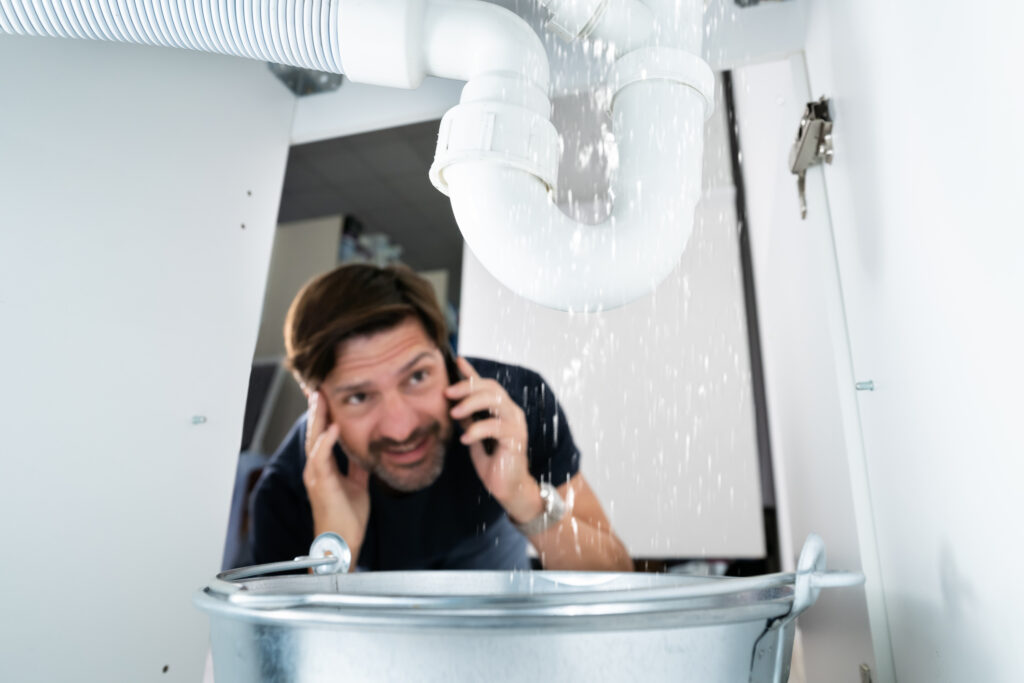
Follow these 10 plumbing “Dos and Don’ts” to keep your pipes flowing and avoid emergency repairs.
- Don’t treat the toilet like a trash pail. Never flush foreign objects like cigarette butts, cotton swabs, feminine hygiene products, and so-called “flushable wipes” down the toilet. Only flush toilet paper and human waste.
- Do check for leaks regularly. Inspect faucets, toilets, showerheads, and exposed plumbing pipes for signs of leaks, and repair them as soon as you find them to prevent water waste and damage.
- Don’t pour F.O.G down the drain. Fat, oil, and grease hardens as it cools, coating the insides of pipes and leading to clogs and other issues. Dispose of these substances in a lidded aluminum can or foil. If you accidentally pour bacon grease or cooking oil down the drain, flush it with hot water to prevent it from solidifying.
- Do insulate exposed pipes. Insulating exposed pipes in unheated areas helps prevent them from freezing and bursting when the temps dip below freezing.
- Don’t use harsh chemicals to clear clogs. They can damage plumbing pipes over time, causing more harm than good. Instead, choose drain-friendly enzymatic clog removers.
- Do empty P-traps periodically. The curved section of a pipe under a kitchen or bathroom sink is known as the P-trap and it’s job is to prevent odors and blockages from backing up into your plumbing system. Empty them on a regular basis to make sure water flows freely.
- Don’t ignore old pipes and fixtures. Inspect pipes and fixtures for wear and tear and replace them if you see signs of corrosion, rust, or other damage. Otherwise you could be setting yourself up for more expensive repairs in the future.
- Do use a drain strainer. It’s often easier to prevent a clog than to clear one. Use a drain strainer to catch hair, food scraps, and other debris and prevent it from entering your plumbing system and causing a clog.
- Don’t toss starchy, fibrous, or hard food remnants in the garbage disposal. Bones, fruit pits, corn cobs, and vegetable peels can damage the blades while starchy and fibrous food can cause a clog.
- Do know when to call a licensed plumber. While you don’t need a plumber for every minor plumbing issue that pops up, some things are best left to the pros. If you find that a problem is beyond your DIY abilities or if the issue persists, it’s time to contact Norhio Plumbing. For high-quality plumbing service, repairs, and system installation, Norhio is ready to help day or night.

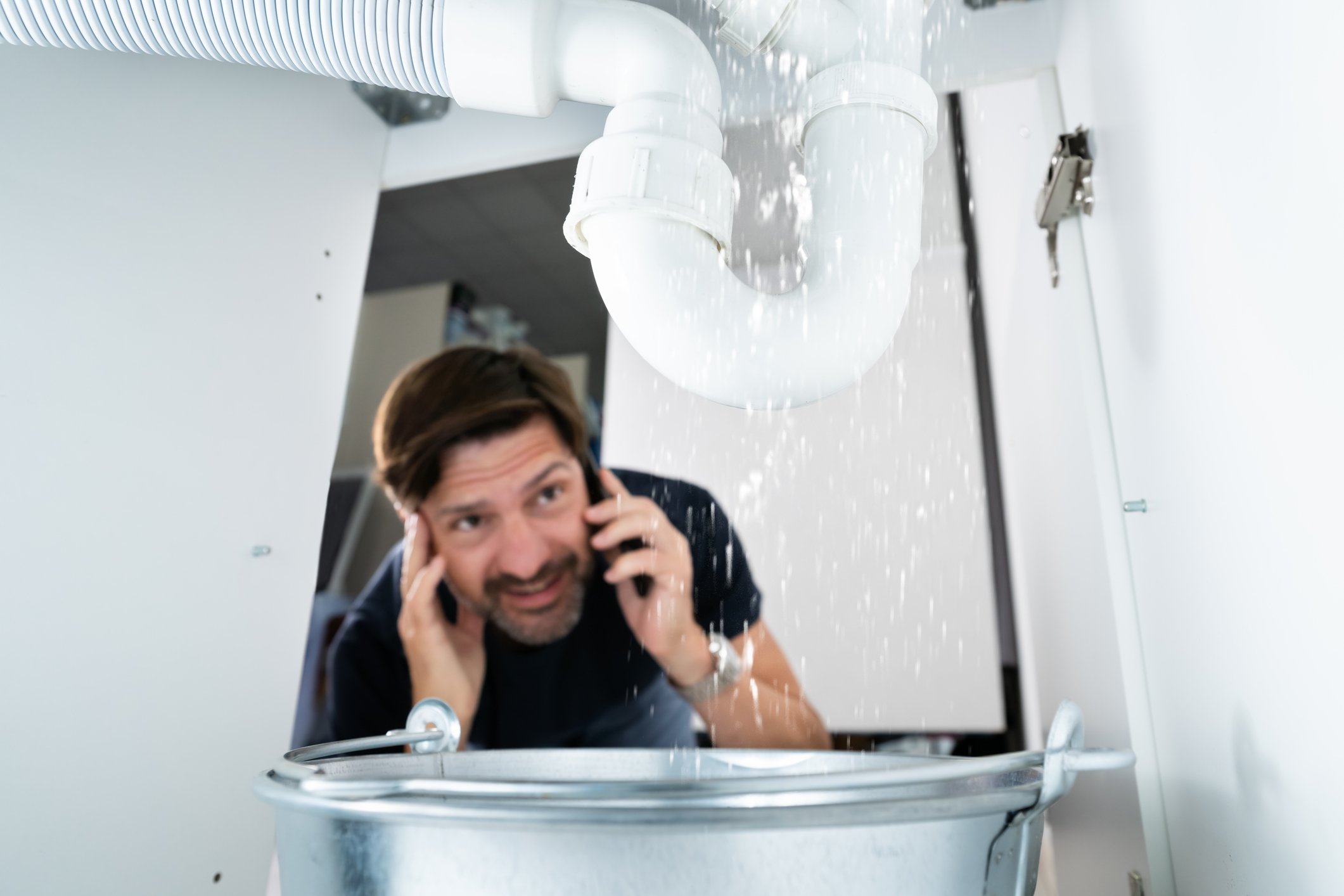

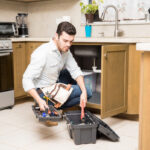

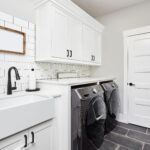
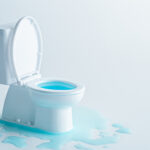
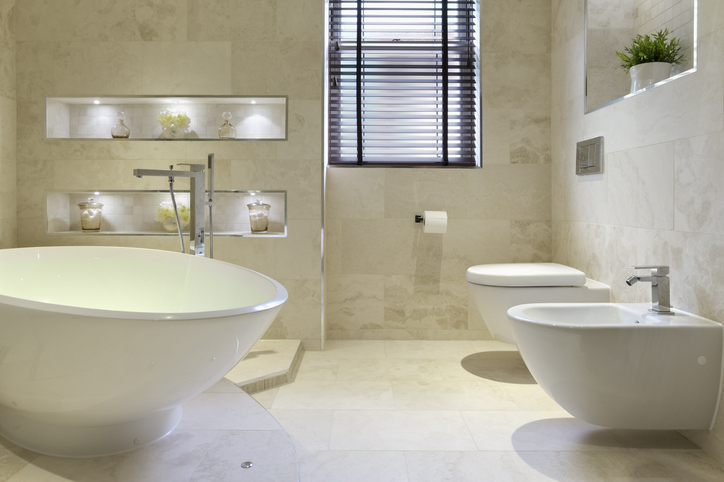
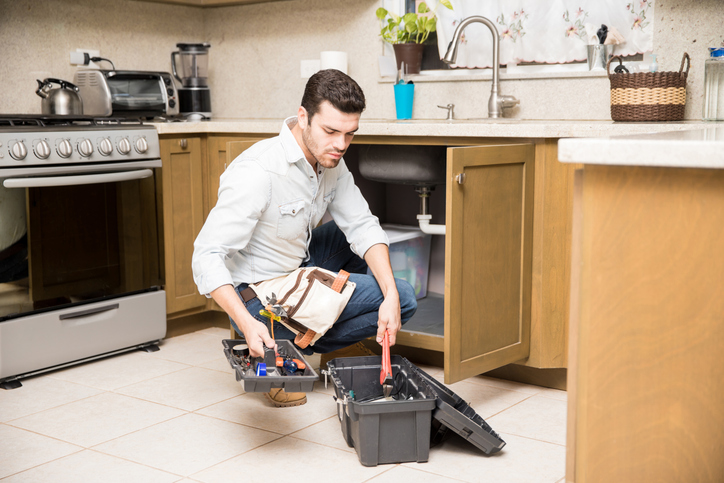
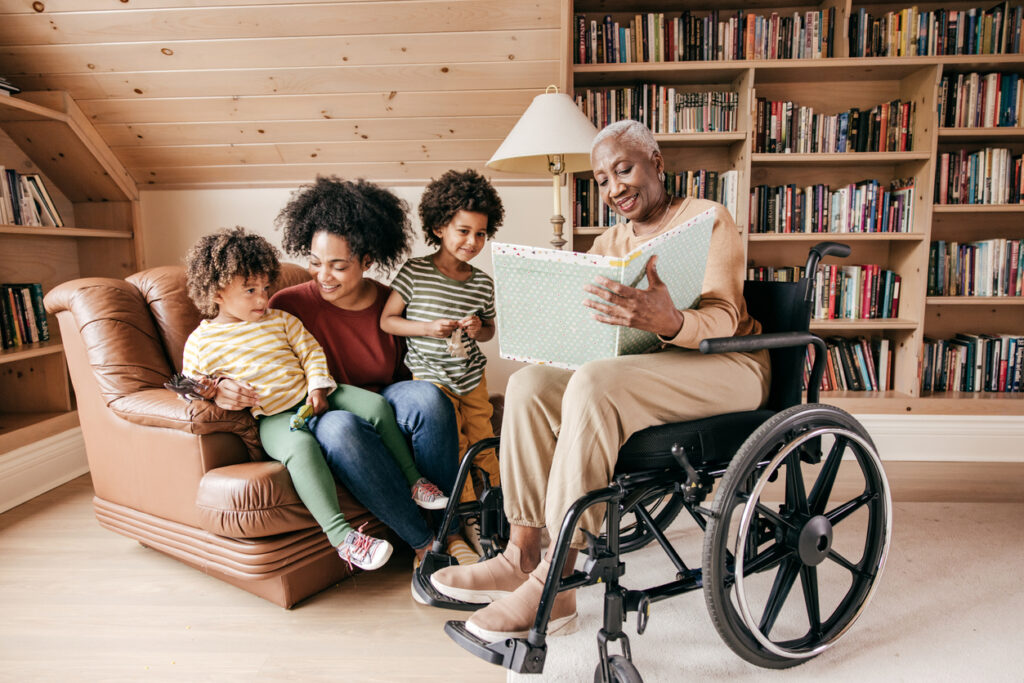
Leave a Reply